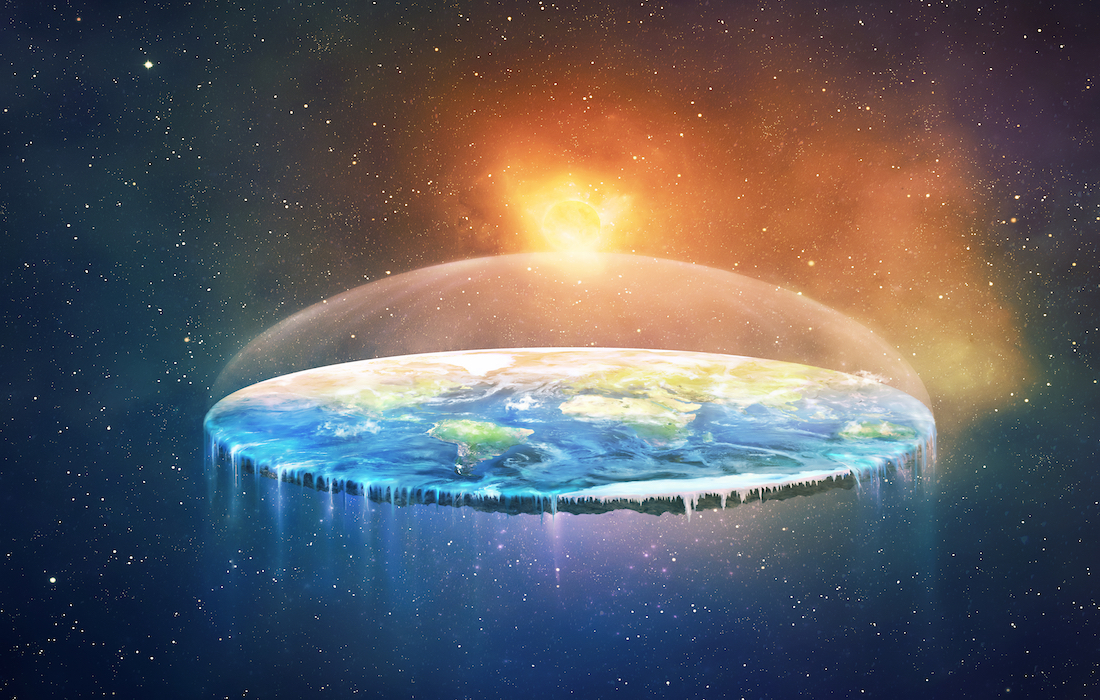Light transits through the universe at the quickest speed scientists can estimate. In fact, the speed of light is a universal speed limit, furthermore, nothing is identified to move faster. This goal can be estimated and it additionally helps describe our perception of the universe’s volume and life span.
What is light: wave or particle?
Light travels fast, at the speed of 299, 792, 458 meters per second. To identify that, it’s necessary to understand what light really is and that’s mainly the 20th-century invention.
The characteristics of light was a vast mystery for ages. Investigators had difficulty understanding the thought of its stream and particle physics. How? did it seem to travel at the same speed in all areas? It wasn’t until Albert Einstein explained this law of specific relevancy in 1905 it all came into focus. Einstein claimed that space and time were related and that the speed of light was the constant that combined the two.
What Is the speed of light?
It is usually declared that the speed of light is fixed and that nothing can travel faster than the speed of light. This remains entirely certain. The amount of 299,792,458 meters per second, 186,282 miles per second is the speed of light in a vacuum. Still, the light really slows down as it moves through different interpretations. For example, when it passes through a glass, it reduces down to about two-thirds of its velocity in a vacuum. Even in the air, which is almost a vacuum, light reduces down insignificantly. As it moves within space, it confronts clouds of fumes and particles, as well as gravitational fields, and those can reduce the speed a little bit. The clouds of fumes and dirt also consume some of the light as it passes through.
This phenomenon possesses to do with the nature of light, which is an electromagnetic stream. As it develops through a substance its electrical and magnetic fields “disrupt” the energized particles that it comes in touch with. These disturbances then cause the particles to scatter light at the equal frequency, but with a phase transformation.
Interestingly, as fast as light moves, its path can be directed as it crosses by regions in space with strong gravitational fields. This is somewhat clearly seen in galaxy batches, which include a lot of matter including dark matter, which bends the path of light from further distant targets, such as quasars.

Lightspeed and gravitational waves
Current laws of physics define that gravitational waves, also travel at the speed of light, but this is yet holding approved as specialists study the phenomenon of gravitational waves from smashing black holes and neutron stars. Unless there are no additional objects that travel that fast. Apparently, they can get nearby to the speed of light, but not faster.
One objection to this may be space–time itself. It seems that different galaxies are going away from us quicker than the speed of light. This is a “dilemma” that scientists are still trying to investigate.








